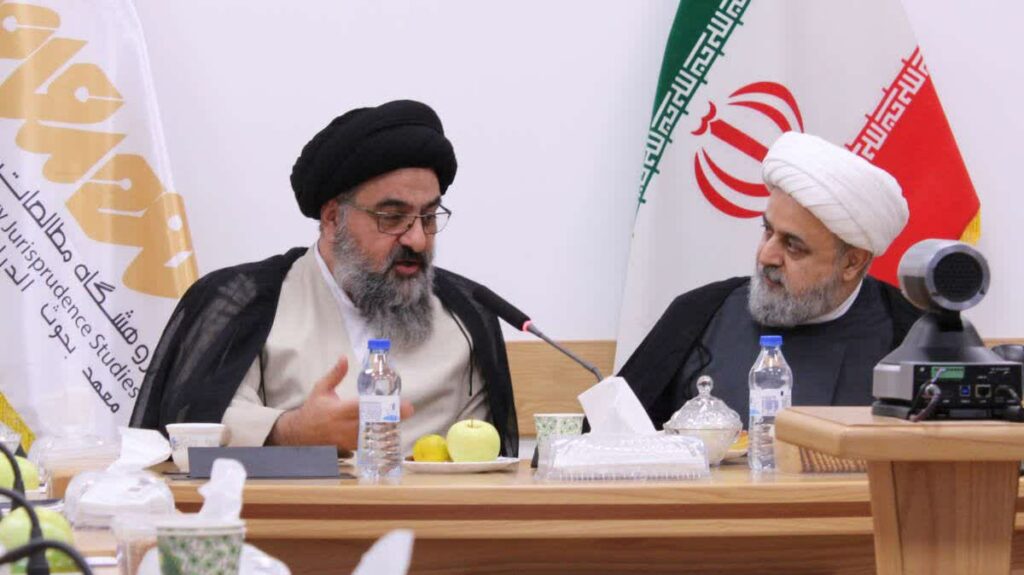Visit of the Head of the SAMT Organization and the Secretary-General of the World Forum for Proximity of Islamic Schools of Thought to the Research Institute for Contemporary Fiqh Studies
Hujjat al-Islam wal-Muslimin Dr. Shariari: Engaging with contemporary fiqh requires patience, institution-building, and scientific collaboration.
The head of the SAMT organization emphasized the necessity of precisely understanding emerging fiqh issues and utilizing modern technologies in fiqh research.
The Research Institute for Contemporary Fiqh Studies, which began its activities in 2020, with 13 research groups and over 50 active research projects, strives to address scientific gaps in emerging fiqh fields such as environmental fiqh, political fiqh, and women’s fiqh. During this visit, Dr. Shariari, the head of the SAMT organization, while appreciating the institute’s progress, described contemporary fiqh as a sensitive field requiring patience and institution-building, and highlighted the importance of leveraging artificial intelligence and modern technologies to accelerate research processes.
Ayatollah Sayyid Mujtaba Nur Mufidi, the head of the Research Institute for Contemporary Fiqh Studies, stated during this meeting: “We have endeavored to focus on the shortcomings and gaps in contemporary fiqh by drawing on past experiences and avoiding incorrect paths, while also expanding collaborative efforts with other scientific institutions. This institute is prepared to engage with organizations such as SAMT to better fulfill our scientific missions.”
